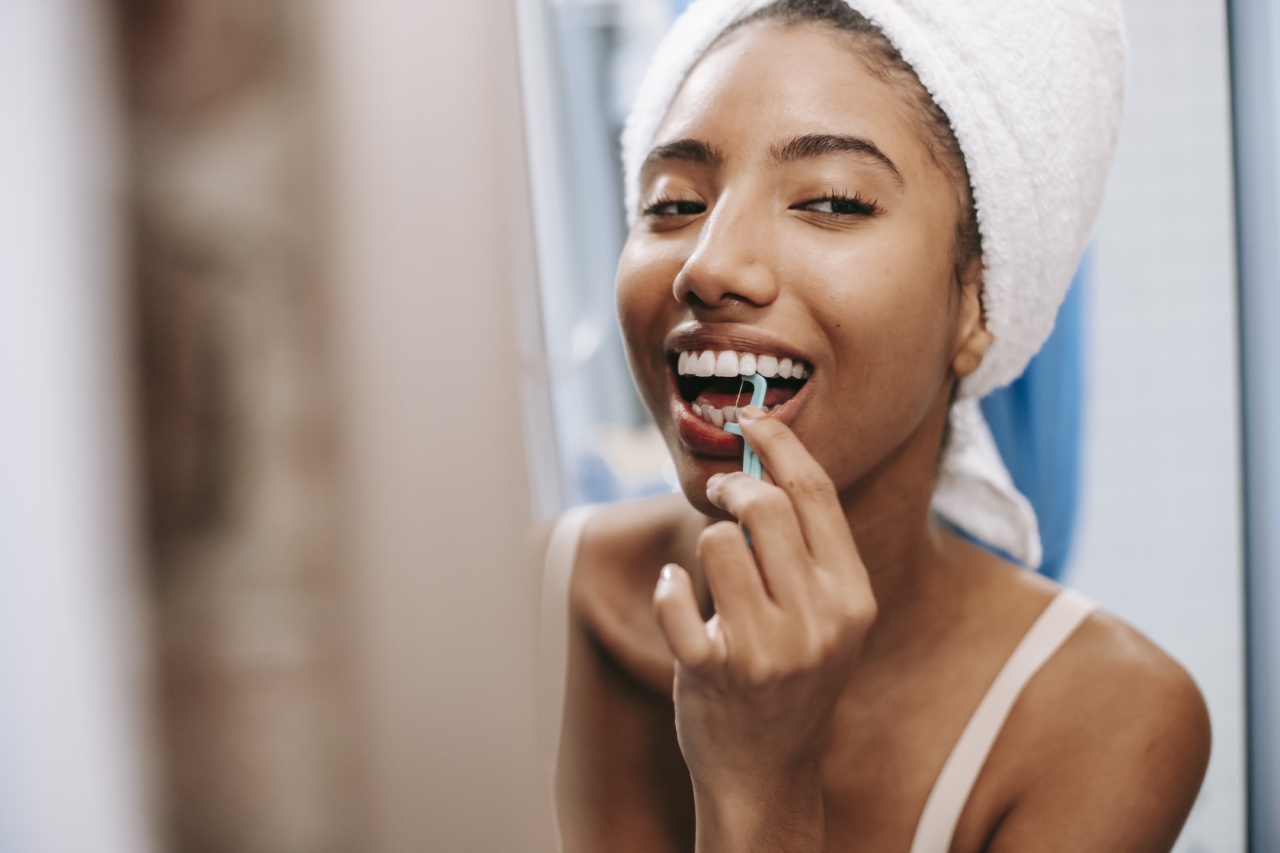Taking care of our teeth is crucial for maintaining good oral health. However, many of us unintentionally engage in habits that can harm our teeth without even realizing it.
These habits, if left unchecked, can lead to dental problems such as cavities, gum disease, and even tooth loss. In this article, we will discuss some common habits that may be harming your teeth and how to break free from them.
1. Nail Biting
Nail biting is a common habit that often stems from stress, anxiety, or boredom. While it may seem harmless, biting your nails can actually cause damage to your teeth.
The constant pressure and force applied to your teeth can lead to chips, cracks, and even misalignment. Additionally, the germs and bacteria on your nails can easily transfer to your mouth, increasing the risk of infections.
2. Teeth Grinding
Teeth grinding, also known as bruxism, refers to the clenching and grinding of teeth. This habit often occurs during sleep but can also happen during stressful situations.
The excessive force and friction from teeth grinding can wear down the enamel, leading to tooth sensitivity, jaw pain, and headaches. Using a mouthguard at night or practicing stress-management techniques can help alleviate this habit.
3. Using Teeth as Tools
Many of us have used our teeth at some point as tools to open bottles, tear open packages, or even bite off tags. However, our teeth are not designed for such tasks.
Using your teeth as tools can result in fractures, chipped teeth, or damage to dental restorations like fillings or crowns. Always use the appropriate tools for such tasks to avoid unnecessary damage to your teeth.
4. Frequent Snacking
Snacking throughout the day, especially on sugary or carbohydrate-rich foods, fuels the production of acids by plaque bacteria in our mouths. These acids attack the tooth enamel, leading to cavities and tooth decay.
Limiting snacking and choosing healthier options like fruits and vegetables can help protect your teeth.
5. Brushing Too Hard
Brushing our teeth is essential for maintaining good oral hygiene, but brushing too hard can be detrimental. Aggressive brushing can erode the enamel, irritate the gums, and cause gum recession.
Use a soft-bristled toothbrush and gentle, circular motions to effectively clean your teeth without causing harm.
6. Chewing on Ice
Chewing on ice cubes may seem refreshing, but it can lead to dental problems. The extreme cold and hardness of ice can cause microfractures in the teeth, which can eventually lead to larger cracks and dental emergencies.
Avoid chewing on ice to protect your teeth from unnecessary damage.
7. Using Tobacco Products
Using tobacco products, such as cigarettes or chewing tobacco, not only stains your teeth but also significantly increases the risk of gum disease and oral cancer.
The chemicals in tobacco products harm the oral tissues, weaken the immune system, and reduce blood flow to the gums, making them more prone to infections and diseases. Quitting tobacco is crucial for both your oral and overall health.
8. Consumption of Acidic Foods and Drinks
Frequent consumption of acidic foods and drinks, such as citrus fruits, sodas, and sports drinks, can erode the tooth enamel over time. This erosion weakens the teeth and increases the risk of cavities.
If you do consume acidic foods or beverages, it is best to rinse your mouth with water afterward and wait at least 30 minutes before brushing your teeth to avoid further damage.
9. Grinding Teeth While Sleeping
Grinding your teeth while sleeping can put excessive pressure on your teeth and jaw, leading to worn-down enamel, jaw pain, headaches, and even temporomandibular joint disorders (TMJ).
If you notice signs of teeth grinding, such as a sore jaw or flattened teeth, consult your dentist who may recommend wearing a nightguard to protect your teeth while you sleep.
10. Poor Oral Hygiene Practices
Not maintaining proper oral hygiene practices can be extremely damaging to your teeth. Skipping regular brushing and flossing allows plaque and bacteria to build up, leading to tooth decay, gum disease, and bad breath.
Make it a habit to brush your teeth twice a day, floss daily, and visit your dentist regularly for check-ups and cleanings.
Breaking these harmful habits and adopting healthier practices is essential for preserving the health and longevity of your teeth.
By being aware of these habits and making a conscious effort to change them, you can protect your teeth and maintain a beautiful smile for years to come.




























